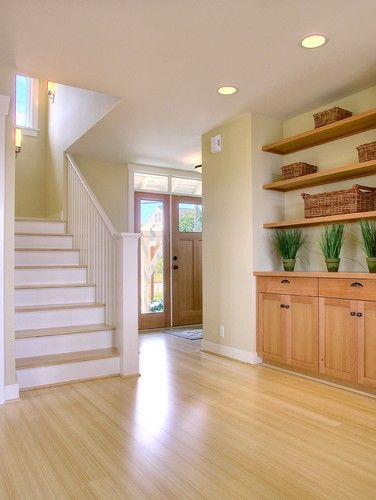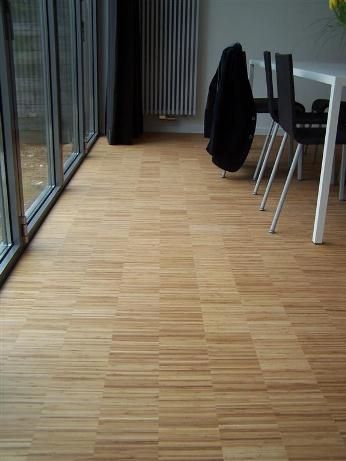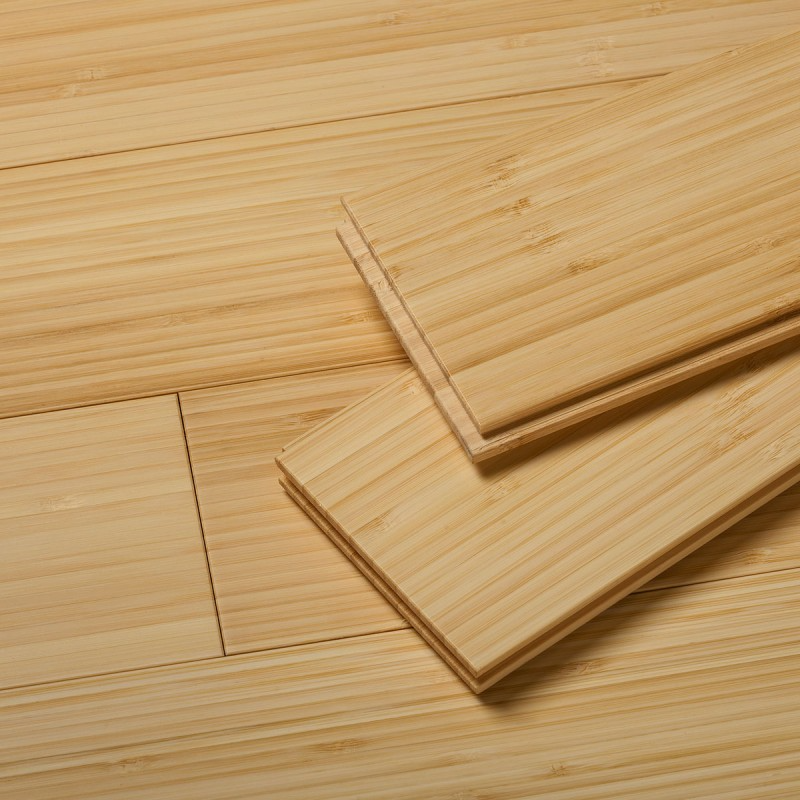Bamboo flooring has become a popular choice for homeowners looking for an eco-friendly and stylish alternative to traditional hardwood. It’s known for its sustainability and unique appearance. However, as with any flooring option, there are pros and cons that need to be considered before making a decision. This article will help you determine if bamboo flooring is the right choice for your home by examining both its benefits and drawbacks.
Pros of Bamboo Flooring:
- Eco-Friendly and Sustainable: Bamboo is a rapidly renewable resource. Unlike hardwood trees that take decades to mature, bamboo can be harvested every 3-5 years, making it an environmentally friendly choice. Additionally, bamboo cultivation requires fewer pesticides and fertilizers, further reducing its environmental impact.
- Stylish and Versatile: Bamboo flooring offers a sleek, contemporary look that can complement a variety of interior styles. It comes in various shades and finishes, allowing for customization to match your home’s aesthetic. Whether you prefer a natural, light tone or a darker, more exotic appearance, bamboo can deliver.
- Durability: High-quality bamboo flooring is known for its strength and durability. It’s comparable to hardwoods like oak and maple, making it suitable for high-traffic areas in your home. Strand-woven bamboo, in particular, is exceptionally tough, offering greater resistance to scratches and dents.
- Affordability: Compared to traditional hardwood, bamboo flooring is often more affordable. This makes it an attractive option for budget-conscious homeowners who don’t want to compromise on style or quality.
- Easy Maintenance: Bamboo floors are relatively easy to clean and maintain. Regular sweeping and occasional mopping will keep them looking their best. Additionally, bamboo is resistant to moisture, reducing the risk of warping or swelling.
Cons of Bamboo Flooring:
- Susceptibility to Scratches: Although bamboo is generally durable, it can still be susceptible to scratches, especially from heavy furniture or pet claws. Over time, these scratches can accumulate and affect the floor’s appearance.
- Limited Water Resistance: While bamboo is more moisture-resistant than some hardwoods, it’s not entirely waterproof. Prolonged exposure to water can lead to warping and damage. It’s essential to clean up spills promptly and avoid installing bamboo in areas prone to high humidity, such as bathrooms or basements.
- Potential for Low-Quality Products: Not all bamboo flooring is created equal. Some low-quality bamboo products may be more prone to damage and wear. It’s important to do thorough research and choose a reputable brand to ensure you’re getting a durable product.
- Color Fading: Over time, bamboo flooring can be susceptible to color fading when exposed to direct sunlight. This can be mitigated by using rugs or window treatments, but it’s something to keep in mind when considering bamboo for sunlit areas.
- Environmental Impact of Processing: While bamboo itself is eco-friendly, the manufacturing process can sometimes involve harmful chemicals, particularly in lower-quality products. Make sure to select flooring that uses environmentally responsible production methods.
Bamboo flooring offers a unique combination of style, sustainability, and affordability, making it an attractive choice for many homeowners. However, it’s essential to weigh the pros and cons, considering factors such as durability, water resistance, and potential quality issues. If you prioritize eco-friendliness and are willing to invest in a high-quality product, bamboo flooring could be the perfect addition to your home. However, if moisture exposure or potential scratches are a concern, you might want to explore other options.
Post time: Sep-04-2024








